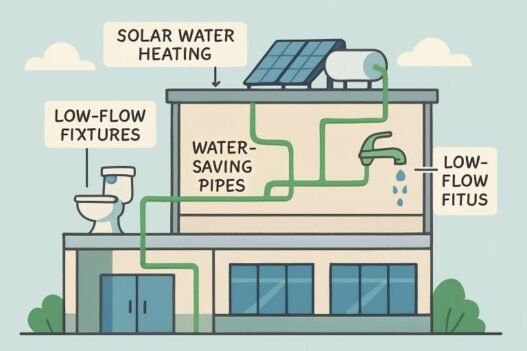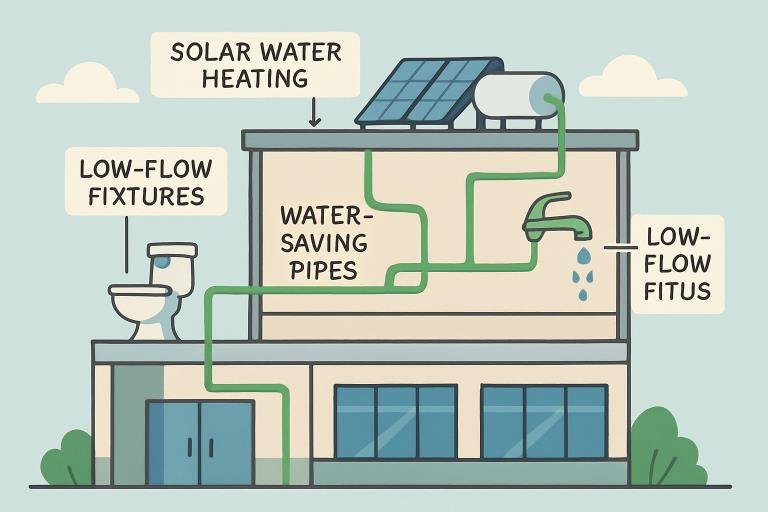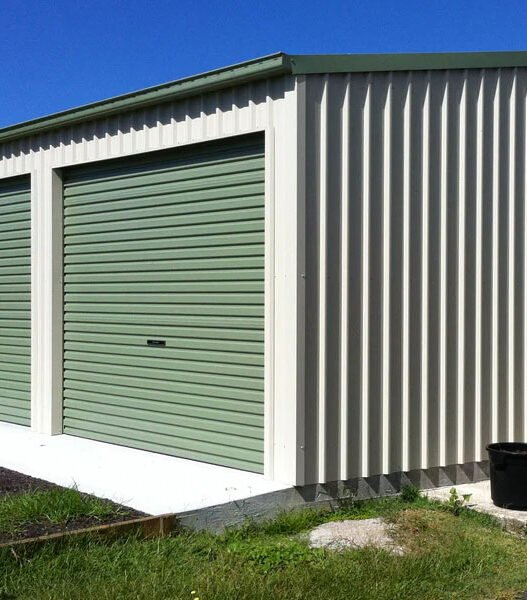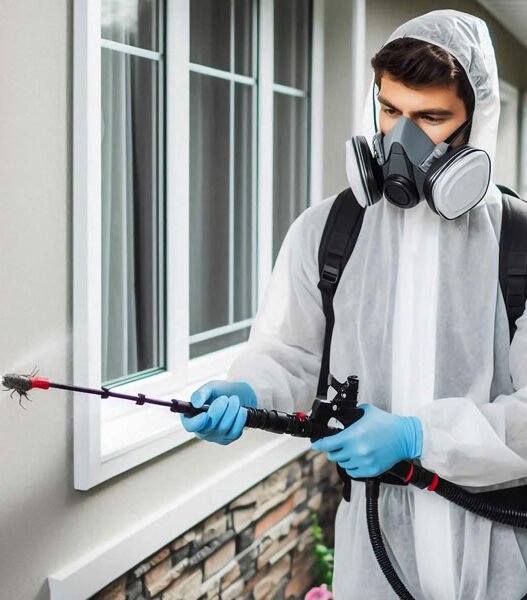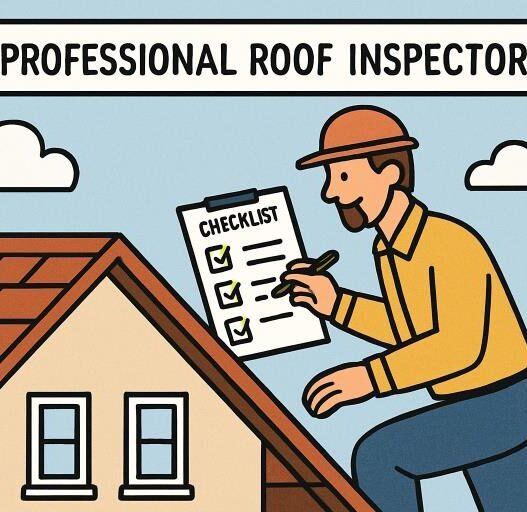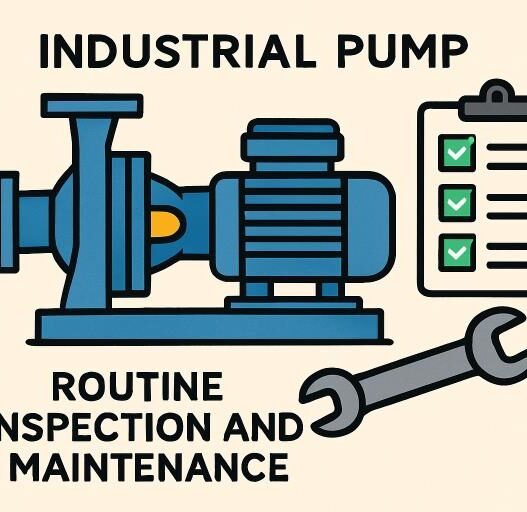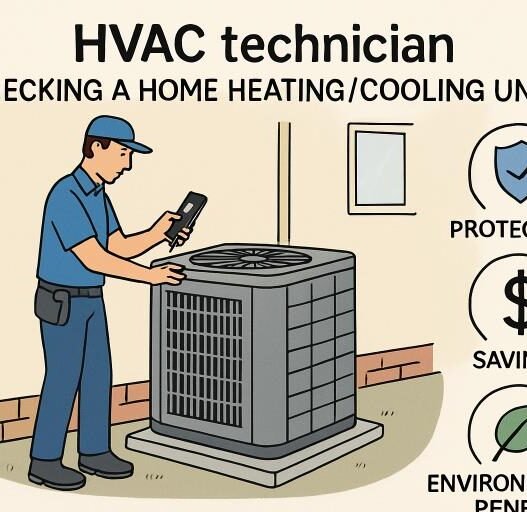As sustainability and cost management become increasingly critical for businesses, energy efficiency in commercial plumbing has taken center stage. Facility managers and property owners want to reduce utility expenses while prioritizing environmentally responsible solutions. The commercial plumbing industry is rapidly evolving with a focus on advanced technologies, cutting-edge materials, and smart system integration. Organizations increasingly turn to commercial plumbing specialists in Maryland to help upgrade outdated systems and achieve these objectives.
From water conservation technologies to AI-driven monitoring tools, innovative solutions are reshaping commercial plumbing. Embracing these trends leads to lower operational costs and regulatory compliance and strengthens an organization’s reputation as a sustainability leader.
Green Plumbing Solutions
Sustainability is driving a wave of green plumbing innovations in the commercial sector. Businesses now recognize that conserving water and energy can generate significant savings while advancing environmentally friendly practices. Green plumbing technologies commonly used today include:
- Low-flow fixtures: Advanced faucets, showerheads, and toilets that minimize water use without diminishing performance, saving thousands of gallons annually.
- Rainwater harvesting systems: Infrastructure for collecting and repurposing rainwater for landscaping, cleaning, or flushing toilets, thus reducing reliance on municipal supplies.
- Greywater recycling systems: Equipment that treats sink, shower, and laundry water for reuse with non-potable applications, lowering water consumption and utility bills.
Implementing green plumbing benefits the environment, offers attractive returns on investment, and helps meet corporate sustainability benchmarks.
Energy-Efficient Water Heating
Water heating is one of the most energy-drawing commercial facilities. Upgrading to more efficient water heating technologies offers substantial cost and environmental advantages. Key energy-efficient systems on the market include:
- Tankless water heaters: These deliver hot water on demand, bypassing the standby energy losses typical of tank-based systems.
- Heat pump water heaters: These units utilize ambient air or ground heat and consume just a fraction of the energy required by conventional water heaters.
- Solar water heating systems: By capitalizing on renewable solar power, businesses can slash utility costs and carbon emissions related to hot water use.
Transitioning to these systems can be a strategic investment, particularly in large properties with continuous or high-volume hot water needs.
Smart Plumbing Fixtures
The rise of smart plumbing fixtures marks a major leap in water and energy management. Automated faucets, touchless toilets, and smart water dispensers are increasingly prevalent in commercial restrooms and break areas. These fixtures operate with advanced sensors to dispense water only when needed, reducing waste, improving sanitation, and delivering a modern user experience. Their integration can also streamline compliance reporting for water use and health requirements.
AI-Driven Predictive Maintenance
Artificial Intelligence is transforming how facility managers oversee plumbing infrastructures. AI-based water management and leak detection tools can monitor flow rates, analyze consumption patterns, and trigger alerts for anomalies such as leaks, pressure drops, or excessive use. This predictive maintenance approach mitigates the risk of catastrophic failures and enables data-driven operational decisions. By catching inefficiencies early, businesses avoid costly downtime and more reliably meet water conservation mandates.
Eco-Friendly Materials for Sustainable Plumbing
Sustainable material selection is fundamental to commercial plumbing installations’ longevity and overall environmental profile. Many businesses are shifting from traditional copper and PVC to more sustainable options like cross-linked polyethylene (PEX) piping. PEX pipes require fewer resources to manufacture and install and are resistant to corrosion and scale, ensuring a longer service life and reducing long-term waste. Organizations are lowering both carbon and chemical footprints by prioritizing eco-friendly materials in new builds and renovations.
Regulatory Incentives and Compliance
Government regulations and incentive programs continue accelerating the adoption of energy-efficient commercial plumbing. For instance, California’s 2025 Building Energy Efficiency Standards will enforce stricter requirements around plumbing fixtures and water systems for new developments to help mitigate local groundwater challenges. At a federal level, the Energy Efficient Home Improvement Credit provides substantial tax benefits for sustainable upgrades such as heat pump water heaters, benefiting homeowners and commercial properties undergoing certain improvements.
Final Thoughts
Investing in energy-efficient trends for commercial plumbing delivers measurable returns in operational savings, sustainability, and brand reputation. Organizations can meet evolving regulations and achieve ambitious conservation goals by adopting green solutions, upgrading to advanced technologies, and using sustainable materials. As the demand for environmentally conscious business practices grows, energy-efficient plumbing upgrades are no longer optional—they are essential for future-forward commercial properties.


